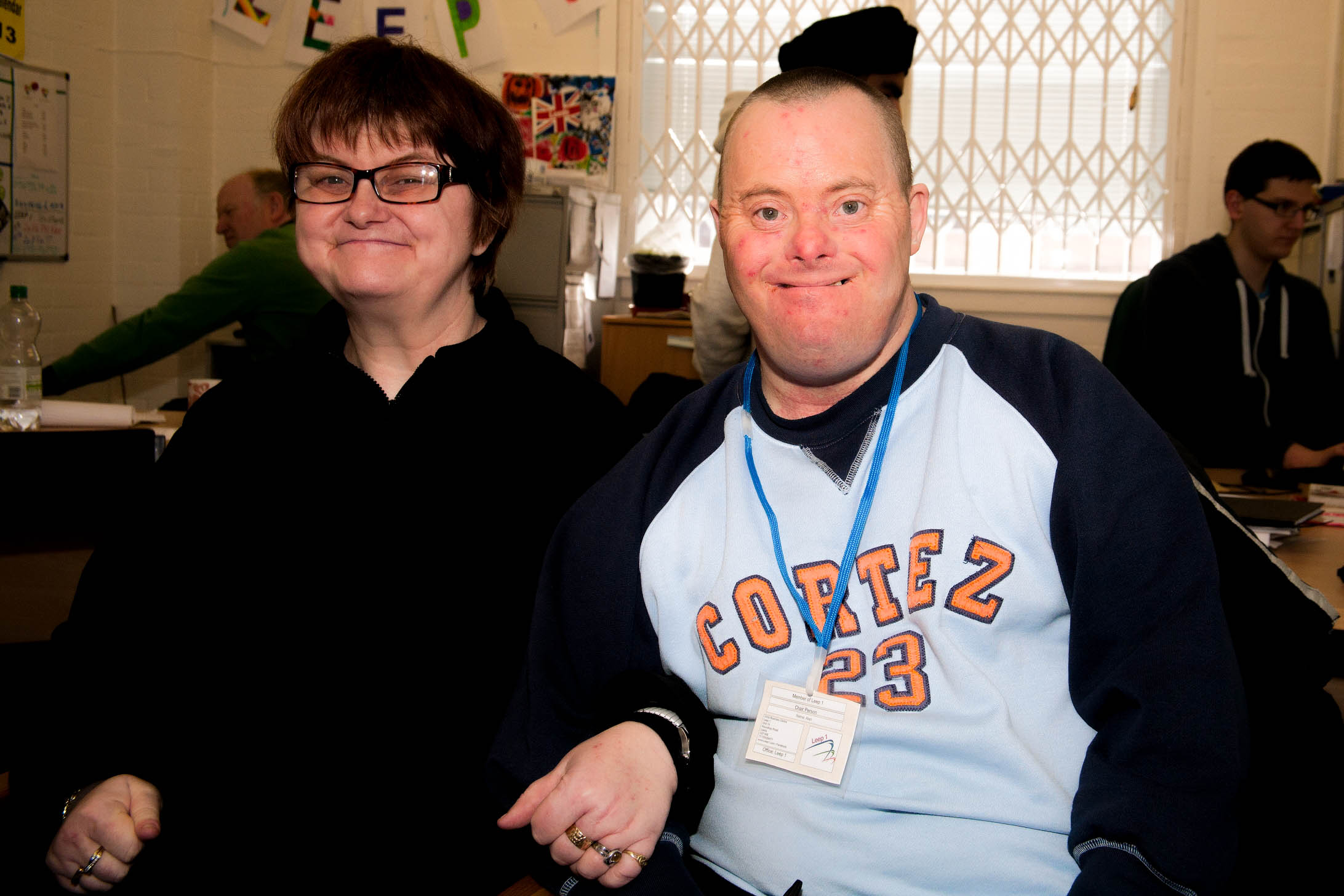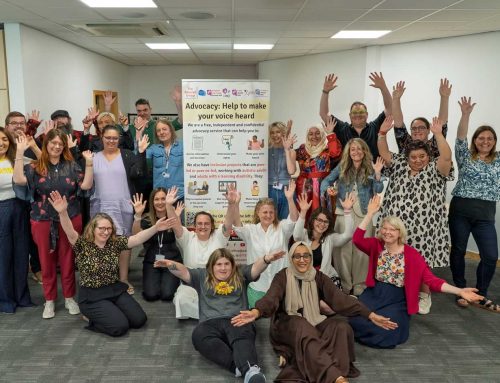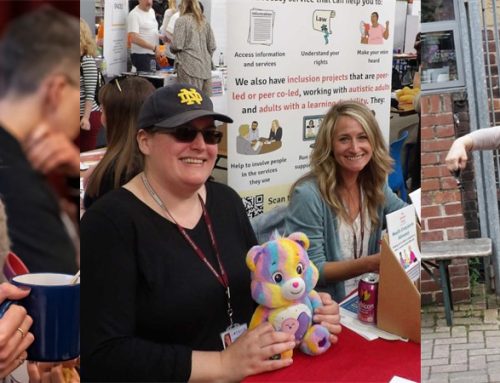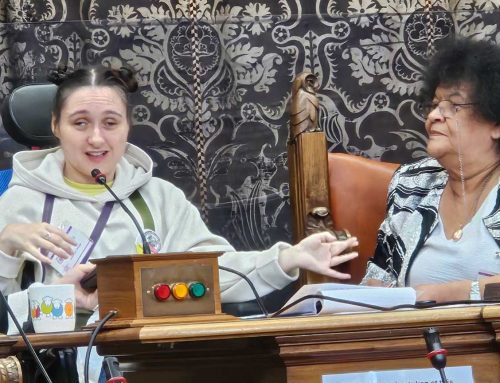A volunteer story
“Basically I volunteer because I feel better when I’m doing something useful involving other people. I like volunteering mostly using my existing transferable skills because I am retired, have plenty of life experience and am not looking to develop new skills for future plans. But I have learned lots, and lots about myself, through being a volunteer, and I think I would have been better at my job if I’d had some of these experiences earlier – as a parent of 3 small children working full time I never thought of it!
Volunteering is the opposite of a zero sum game – I like that…. Everybody benefits and the world is hopefully a bit better for it.
Citizen advocacy volunteering, specifically, gives you the opportunity to focus on helping one person get more of what they want out of life, one step at a time. Which is usually very rewarding for everyone involved, even if there are some rocky and frustrating times along the way. It is a complete contrast to being a committee member or a trustee volunteer which I also dabble in.
You know that without support, your advocacy partner (AP) would be missing out on important things that they might not even have been aware of or thought about.
And being a volunteer, with no conflicts of interest about your own position or the agency budget etc. can make you the ideal person to focus on your AP’s real needs and wishes without limiting their options because of what is and is not available in these difficult economic times.
Then there are anecdotes:
Noticing that your AP is wearing their old reading glasses for everything and solving the mystery of why they are not so keen on going out on their own any more.
Supporting your AP to give informed consent to a medical procedure and to choose to have it under a general anesthetic because of severe anxiety and previous experiences.
Getting additional benefits and increasing their income by over £100 a week.
Getting rid of a false friend who regularly made them buy groceries and cigarettes and alcohol and then got on the bus home to Wakefield with all of it(!)
Getting increasing hours of support at home, eventually from … staff [who] understand about supporting people with learning disabilities who happen to be older and don’t use the same techniques as generic carers who are more used to clients with dementia.”












